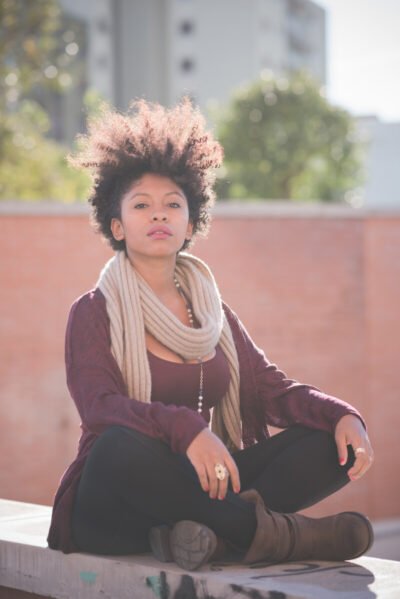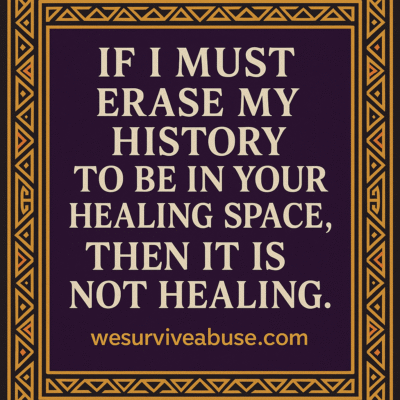The Truth About Harm Within Oppressive Systems Some people argue:“I didn’t build the system. So I can’t be responsible for the harm it causes.” Be

The Truth About Harm Within Oppressive Systems
Some people argue:
“I didn’t build the system. So I can’t be responsible for the harm it causes.”
Because our unique position in society—being both Black and women—gives us a front-row seat to how power works across race, gender, class, and more. We are often expected to stay silent about harm done to us in order to maintain someone else’s comfort, reputation, or narrative of innocence. But our experiences allow us to see and name what others overlook or deny.”
Here’s the truth:
Even if you didn’t create a system, you can still cause harm within it.
You can still benefit from it.
You can still choose whether to challenge it or continue it.
📚 History Gives Us Clear Examples:
Plantation Mistresses (White Women):
White women didn’t design the institution of slavery. But many of them actively participated in it—managing enslaved people, enforcing punishments, and separating families.
Their power didn’t match that of white men—but they still used it to harm. (Continues today)Black Male Leaders in the Civil Rights Era:
Many were brilliant freedom fighters—but some were also deeply misogynistic behind closed doors. Black women often did the bulk of the labor, only to be erased from credit, silenced when harmed, or dismissed as “divisive” for asking for respect. (Continues today)Religious Institutions:
Some clergy didn’t invent patriarchy—but they used religious language to justify abuse, silence women, and keep Survivors from seeking justice. (Continues today)
👀 Now, Let’s Make It Tangible:
In the Workplace:
A manager may not have built corporate capitalism—but if they underpay, overwork, or ignore harassment against a Black woman, they’re actively causing harm.In Relationships:
A partner may say, “I love Black women!” But if they manipulate, gaslight, or coerce—especially under the cover of shared trauma—they are still exercising power over someone vulnerable.On Social Media:
A person may say they’re “pro-Black” while joking about dark-skinned women, mocking victims, or promoting violence. That is not liberation—it’s recycled harm dressed in new clothes.
🌱 Truth Is a Doorway to Healing
Let’s be real: most people don’t want to see themselves as harmful. None of us do.
But healing begins with truth—not just about what happened to us, but what we’ve done to others.
You don’t have to be the architect of the system to make the decision:
🔥 Will you feed the fire—or help put it out?
🗣️ Closing Call:
If we want to build new systems rooted in love, justice, and real safety—
we must stop excusing harm simply because the hand wasn’t the one that laid the first brick.
Accountability is not punishment. It’s the foundation of trust.

